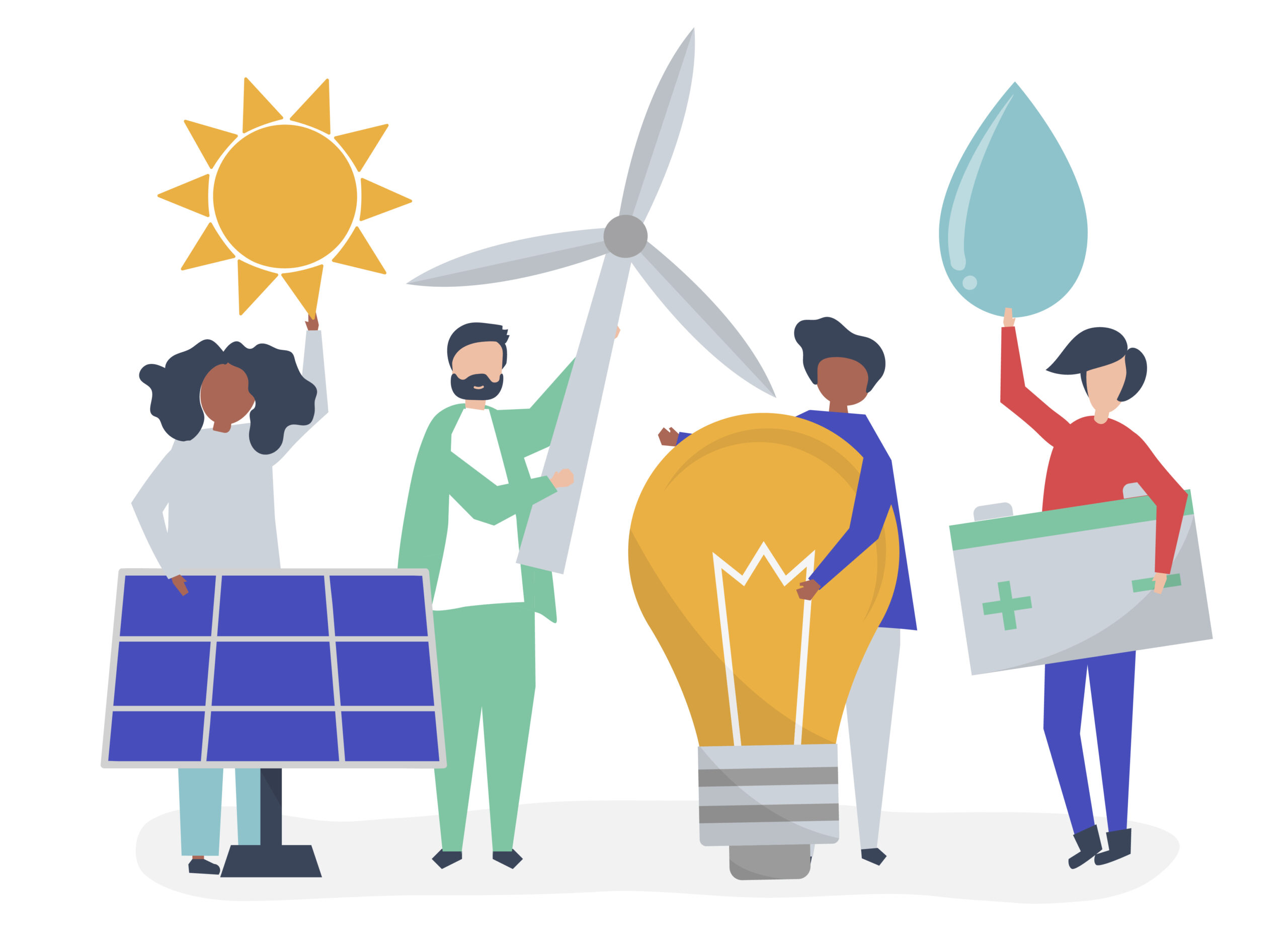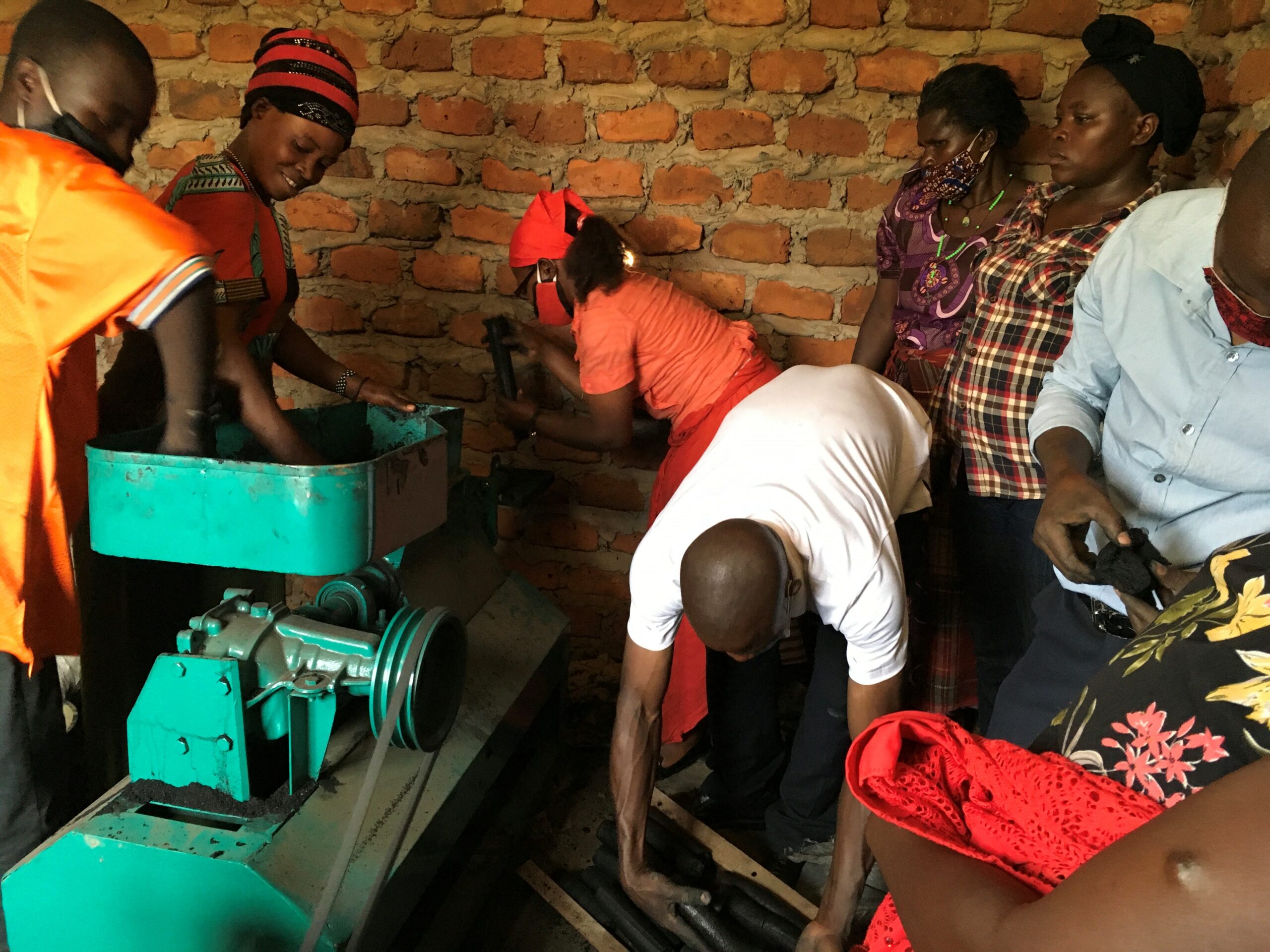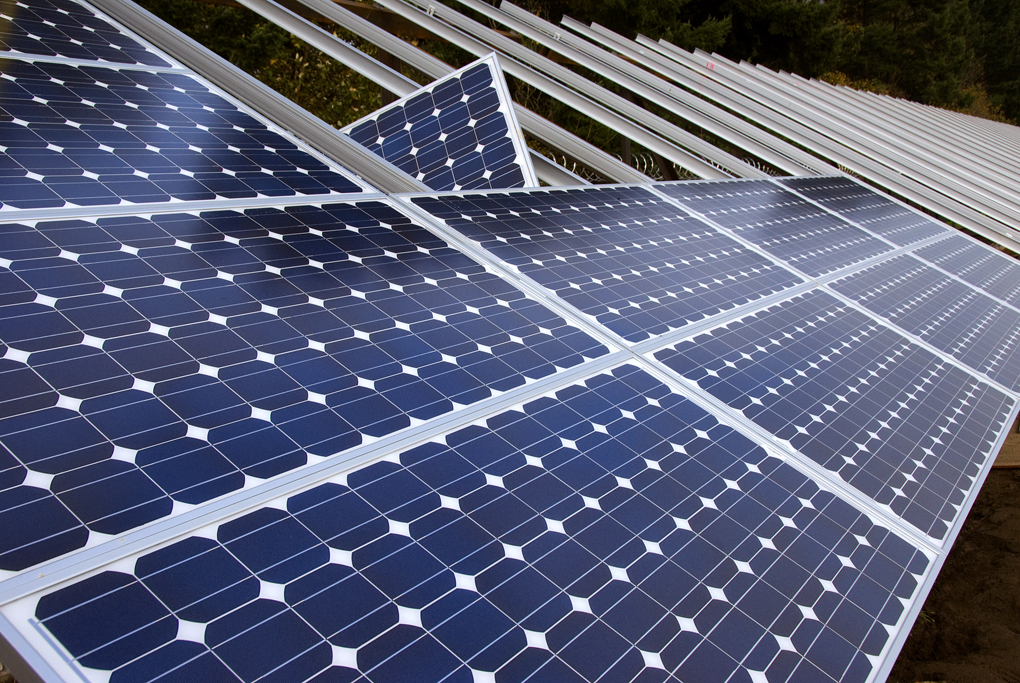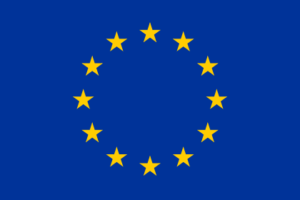Catch up on our new Step Change Policy Briefs

As we come to the final stages of the Step Change Project, our implementing partners have been busy writing up all their observations from their Citizen Science initiatives in our latest Step Change Policy Briefs, and we are very excited to share these with the Citizen Science Community and how citizen science has been used to address issues surrounding the adoption of renewable energy practices!
Off-grid Renewable Energy in Agriculture in Uganda
Our partners from Action for Rural Women’s Empowerment (ARUWE) have been working with local agricultural communities in Uganda to establish the evidence of and bolster Off-grid Renewable Energy (RE) in agricultural production. This work has particularly focused on solar, charcoal briquettes and biogas renewable energy technologies.
The main objective of the study is to provide evidence of the economic, environmental and societal potential of adopting off-grid renewable energy in agricultural production in rural Uganda.
The study pursued four specific objectives, namely:

Based on the collected results, the following policy brief was presented to the decision-makers in a multi-stakeholder and fact-based dialogue conducted on the potential upscaling at regional and National levels of the process of technology transfer and adoption. Three separate policy briefs were prepared for systematic implementation advocacy and monitoring with assistance from the stakeholders involved.
Learn more about this project in our Infographic below:
Energy Communities
In December 2023, our partners from Women Engage for a Common Future (WECF), published their policy review sharing the results from their citizen science initiative to promote Tenant Electricity models in Germany. As multi-family buildings accommodate around half of the German housing stock, the involvement of tenants in the production of clean electricity is key to boosting the urban energy transition.

This work focused on an inclusive research approach by involving multiple actors such as citizen scientists, scientists, policymakers, and the private sector. In addition to the barriers and drivers for the tenant electricity model, the motivations of the citizen scientists to participate in the model were examined. Furthermore, the initiative examines behavioural changes of the citizen scientists (based on the energy culture concept) due to their involvement in local electricity production and consumption.
Read their latest policy brief below:
Learn more about this project in our Infographic below:
In the near future, we will be sharing further updates and results from the Step Change project, sign up for our newsletter to stay up to date with everything Step Change.
Image credit:
